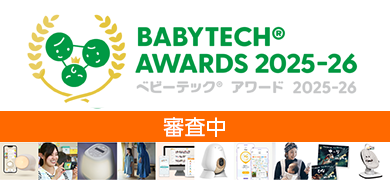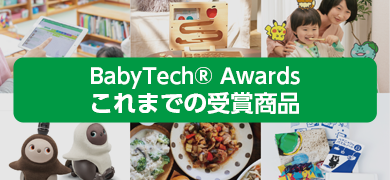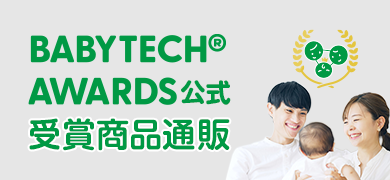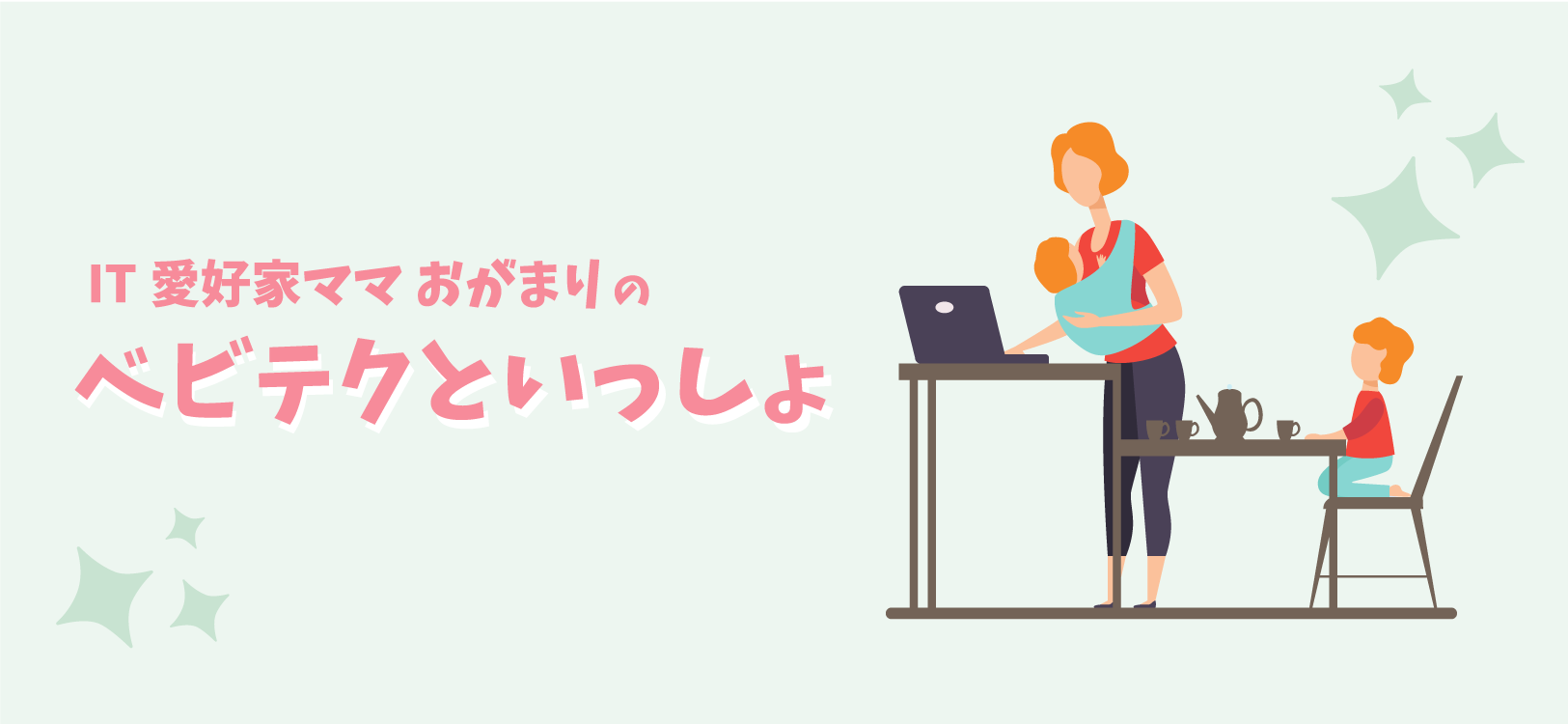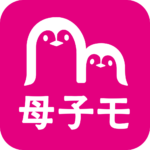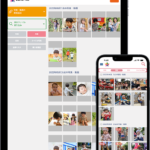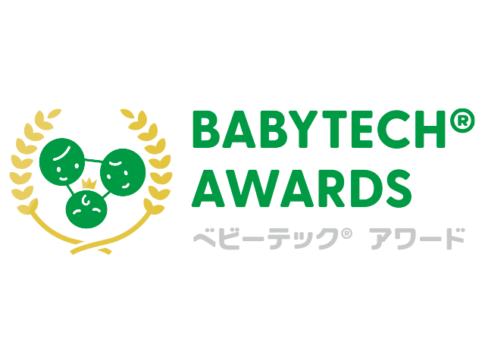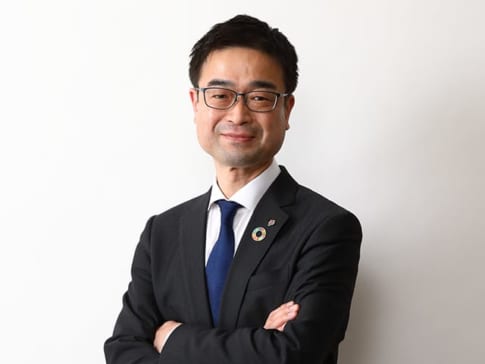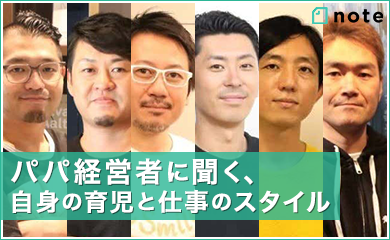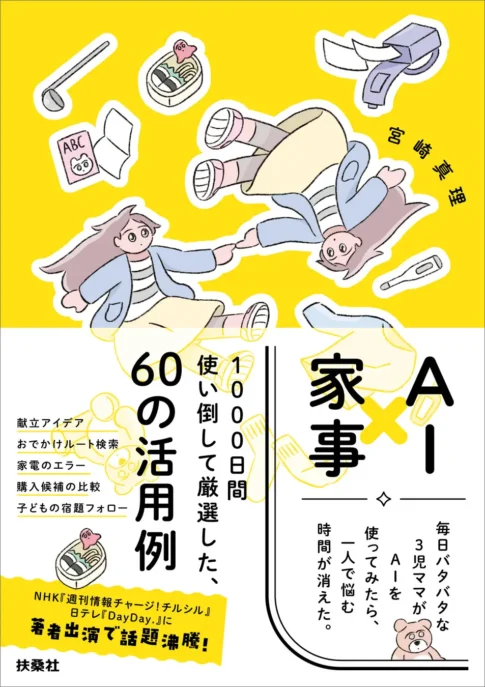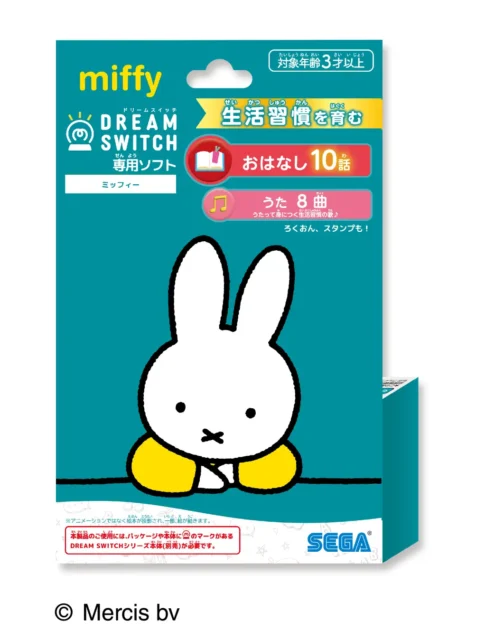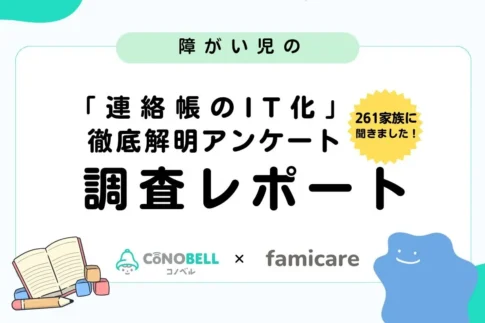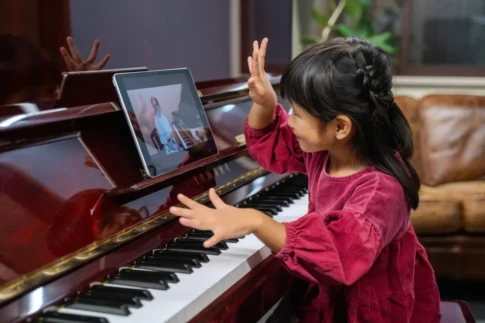~To develop world-class human resources through communication skills and logical thinking
- The following is content from the press release -
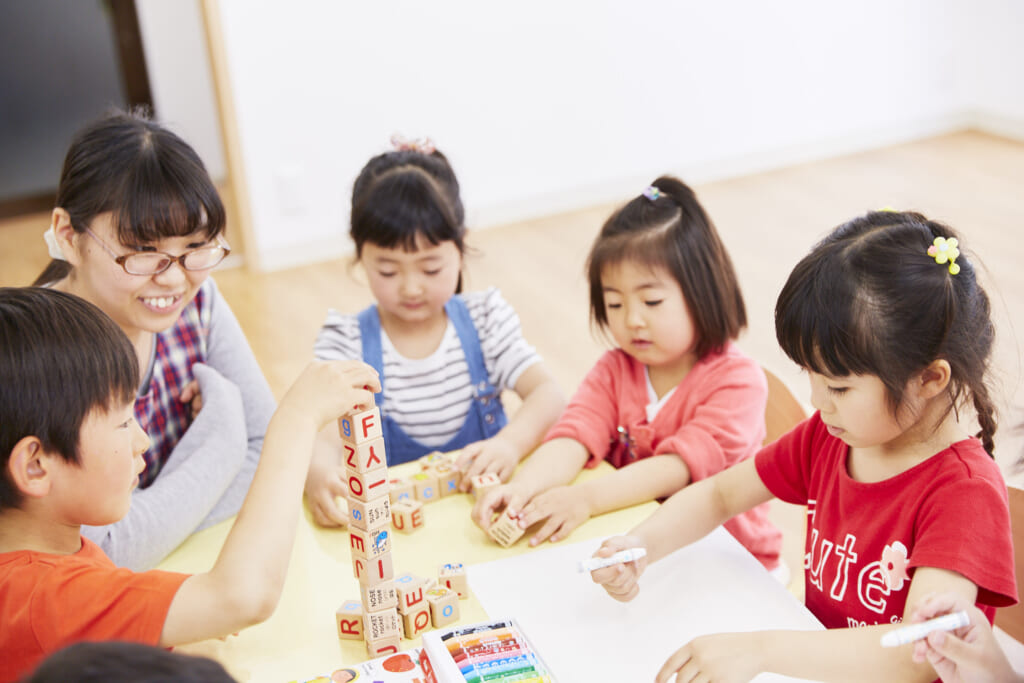
Funkit Inc. (headquartered in Toshima-ku, Tokyo; Yusaku Yoshimura, President) has been developing educational content in collaboration with Phoenix Kids, a daycare center operating in Tokyo, Miyazaki, and Chiba, and its group company CURIO Corporation, and has flexibly incorporated daycare know-how into its original programming Curio SCREEN" educational content has been enhanced with "English education" from November 1, 2023. By incorporating live English lessons by foreign instructors who have studied Japanese childcare, we have achieved English childcare x programming education, with actual results for young children in one month. We will further promote this program in the future.
Japan Ranks 87th Lowest Ever in English Proficiency Despite National Policy
The Ministry of Education, Culture, Sports, Science and Technology (MEXT) has stated since 2014 that the implementation of English language proficiency to cope with rapid globalization in society is an extremely important issue and that we should aim for top class English proficiency among Asian countries. The Ministry of Finance also states that mastery of English, the world's lingua franca, will have an economic effect on workers' wage levels, employment conditions, and the macroeconomy as a whole.
In an effort to improve English language proficiency, English education has been made compulsory from elementary school beginning in 2020. However, according to EF Education First (Switzerland), a global language school operator, Japan is currently ranked 87th in the 2023 English Proficiency Index ranking of non-native English-speaking countries and regions.
High demand for English education in early childhood
According to the 9th Longitudinal Survey of Births in the 21st Century (2010 births) (Ministry of Health, Labour and Welfare), English conversation is ranked fifth in terms of lessons for both boys and girls (multiple responses; boys: 16.4%, girls: 21.0%), indicating its high popularity.
In particular, as if to reflect the recent increase in demand for English education from an early age, there has been an unprecedented rush of international schools opening in Japan, with prestigious schools from the United Kingdom landing in recent years. There has also been a marked expansion in the market for English conversation materials and English conversation schools that allow students to study at home online.
Although the number of preschools offering English-language education is on the increase, the reality is that it is not a "frequent" program, such as "once a week" or "once a month. In addition, most of these English teachers have no professional experience in "childcare" or "development," even though they can teach English.
English teaching method that has been effective even for young children in just one month.
To meet this demand for English, our daycare centers hire qualified, high-quality foreign instructors and provide regular in-house training. Furthermore, we have created a curriculum that is in line with "Japanese childcare" in accordance with the nursery school guidelines.
As a result of the curriculum reinforcement from November, we have seen an increase in English speech even among children under 3 years old in less than a month, and we have seen them begin to naturally accept it. What is particularly surprising is that we can see them greeting their Japanese teachers in the morning in Japanese and using English to greet their English teachers.
The following is a list of phenomena that we believe have had a concrete effect on our unique English-language education, which students can acquire from one month onward.
- The initial resistance to foreign instructors has gone away.
- They naturally began to accept non-Japanese words, and more and more words were uttered in English.
- I can now naturally pronounce "R" and "L", which are difficult to use differently, as well as "th" and other pronunciations that do not exist in Japanese.



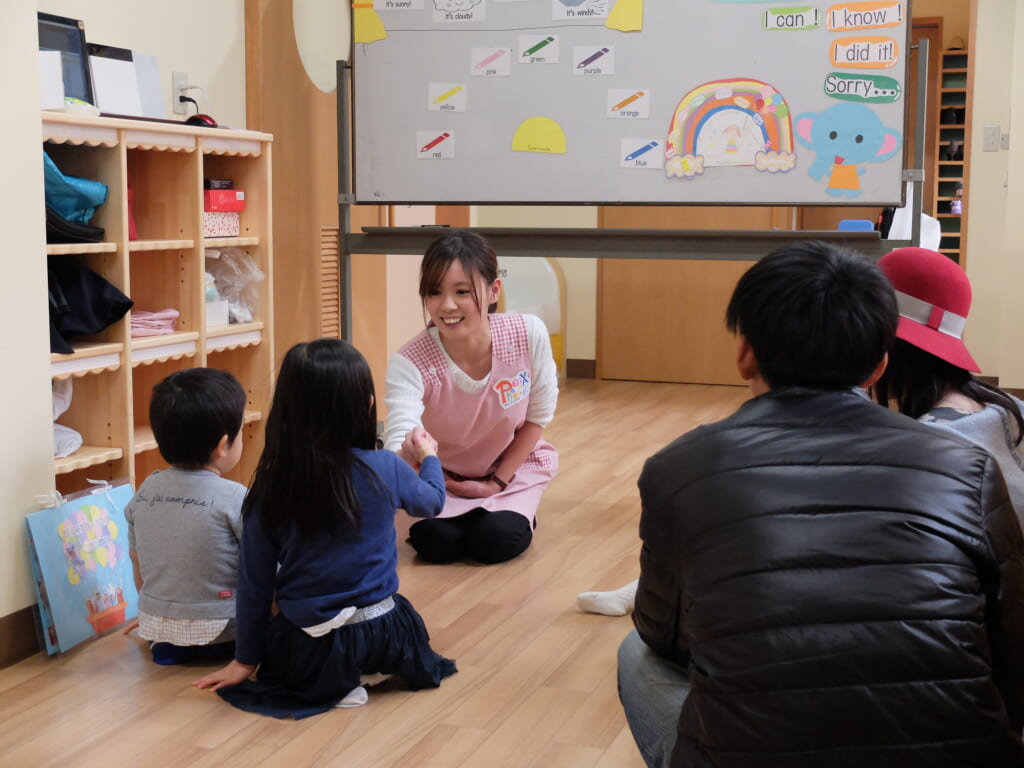
What is our original English education curriculum?
(1) English curriculum based on IT's strengths x TPR teaching method
English at our preschool is more than just playing with an English teacher. We have developed an original curriculum based on the TPR teaching method (*1) and immersion education (*2), created by childcare professionals who are well versed in children's development and experienced English teachers. We also combine this with the contents of Curio, an intellectual education material that leverages our strength as an IT company, to provide unparalleled English education from 0-year-old classes on a daily basis. We focus on nurturing children who can express themselves freely through English and who will use English to spread their wings in the international community.
1 What is the TRP teaching method: TPR stands for Total Physical Response, which is translated in Japanese as "whole body response teaching method.
It is a teaching method that applies the process by which babies acquire their native language to foreign language learning, and is characterized by the fact that "learning a foreign language through movement" is a major feature of this method. It was developed by the American psychologist Asher, but the basic principles were already published by the British linguist Palmer and others.
2 What is immersion education? As the name suggests, it is a language learning method in which students are immersed in an environment where English (or other foreign languages) are spoken and they learn the language.
Unlike general language learning methods, it is characterized by the ability to naturally acquire appropriate language expression methods according to scenes and situations through daily life. It is an educational method that has the characteristics of "learning in English" rather than the traditional "learning English" method.
(2) Programming education to cultivate logical thinking skills
There is no need to teach difficult programming to small children.
Our preschool will provide an opportunity for children to learn and utilize "algorithms", the foundation of conversation with computers, in a hands-on way. We maximize the children's inner "I want to do it! and we place importance on "the sparkle in the children's eyes" rather than whether or not they can do something well. We seek to create an environment and unique programs that allow children to choose what they "want to do" and become fully absorbed in it. The preschool will support this feeling. By repeating this process, children will naturally develop logical thinking and cultivate the foundation of how to construct and think about things.
Due to the declining birthrate, daycare centers are facing the 2025 problem, and we have entered an era in which we cannot survive unless we are the "daycare center of choice". In these days of negative news such as unprecedented infectious disease problems and still continuing price hikes, we hear sad news that more and more children who are unable to solve their own problems are suffering and taking their own lives. We want our children, the treasures of Japan, to grow up to be human resources who have a broad perspective, can think logically, and can spread their wings to the world. We believe it is very important to nurture sparkling children with a high sense of self-esteem and the belief that "I am a very valuable being.
We will continue to use the power of IT to further contribute to improving the efficiency of childcare facilities and the level of education.

